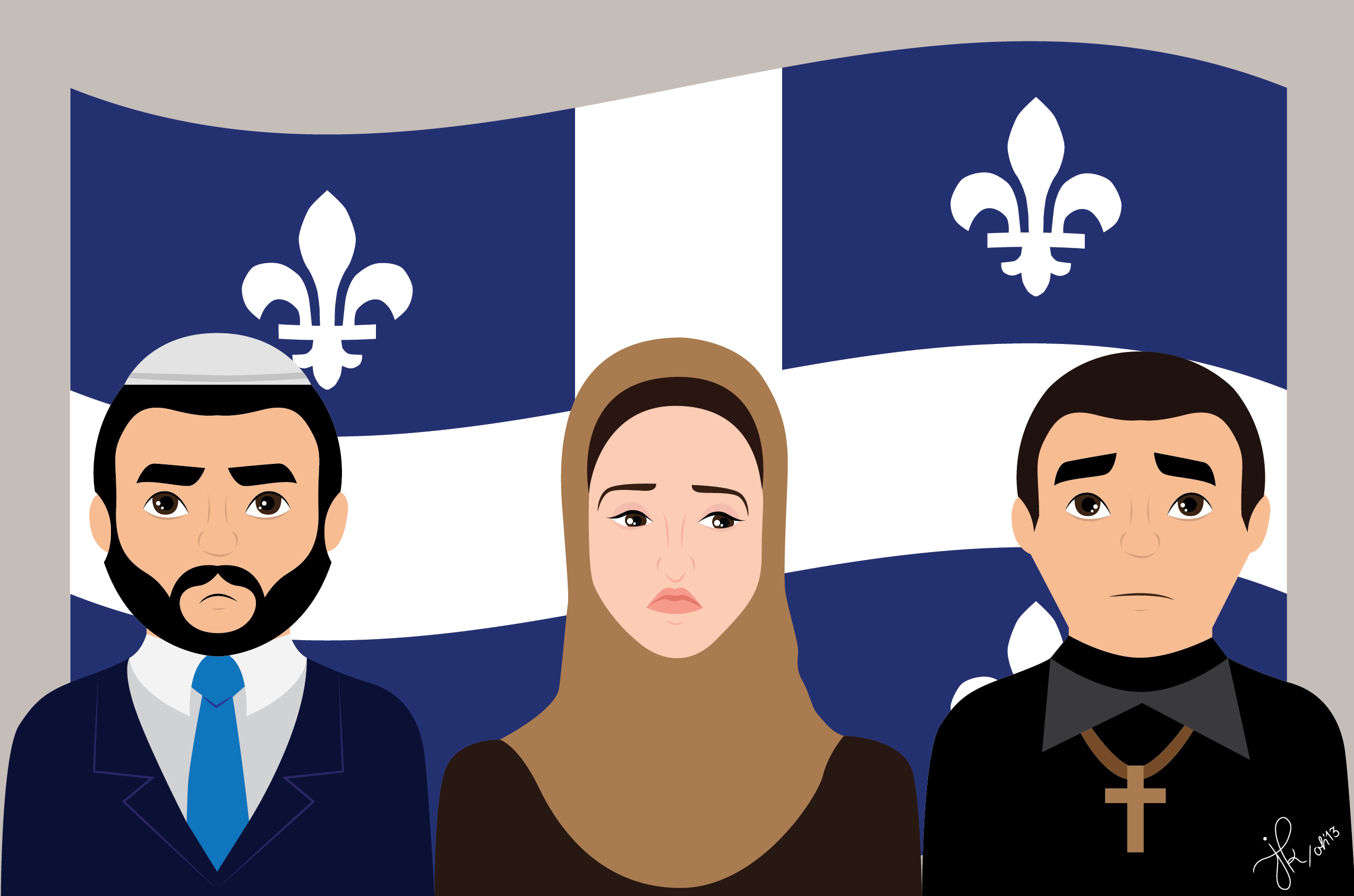September 21 marked the first day of a deadly four-day siege on Westgate Mall in Nairobi, Kenya in which the Kenyan military fought to dislodge al-Shabaab fighters in a battle that saw at least 61 civilians and six Kenyan security officers dead. The Red Cross said 39 people are still missing.
The terrorist attack sparked an international outcry and condemnations by countries such as Canada, the United States, Great Britain, Israel and Iran. However, none of these countries will help Kenya fight back against its enemy, it just isn’t in their interest to do so.
The perpetrator, al-Shabaab, was formed in 2006 as a radical wing of the now-defunct Union of Islamic Courts in Somalia. As the organization grew, foreigners also joined its ranks. Al-Shabaab is believed to currently house between 7,000 and 9,000 militants and is affiliated and funded by al-Qaeda.
Al-Shabaab called the attack strict retaliation for Kenya’s continued military presence in Somalia.
Marcel Danis, a Concordia University political science professor with an expertise in public security, organized crime, and terrorism, said the terrorists are speaking truthfully.
“[Al Shabaab] is a terrorist group that controls part of Somalia,” said Danis. “They do a number of kidnappings and extortions [and are] a pain in the neck to Western companies [in the region].”
Danis claims Western corporate interests companies thus lobbied the African Union (AU) into eliminating al-Shabaab’s influence in Somalia. Of the AU member states, Uganda and Kenya are the two countries that have pledged the most resources to this campaign and, in response, al-Shabaab is now attempting to intimidate them into withdrawing their forces.
“Bombs exploded in Kampala, Uganda, while people were watching the World Cup in 2010. About 70 people died. Al-Shabaab said it was in retaliation as well. Both cases are very similar in nature,” said Danis.
Fortunately, al-Shabaab was unsuccessful in forcing the Kenyan president’s hand.
“We went [to Somalia] to help them bring order in their own nation and will stay there until [we do], we will not be intimidated,” said Kenyan President Uhuru Kenyatta during a multi-faith prayer service on Oct. 1 honouring the victims of the Westgate Mall attack, according to BBC.
Yet Kenyatta does not expect much help from the global community in fighting al-Shabaab.
Based on their exclusive interview with Canadian Immigration Minister Chris Alexander, Global News said the international community has only three possible courses of action: conduct a missile strike on the al-Shabaab headquarters, prosecute the attackers who are still alive in international court, or let Kenya handle the situation on its own.
While indicting those responsible in international court might happen, a missile strike is highly unlikely. Since the 2002 invasion of Iraq the Western community has seen how its interventions in conflict zones have bolstered a negative view of them and/or have led to unforeseen regional consequences, even when their presence is indirect. As such, interceding in other states is not in their interests.
For example, in the aftermath of the Allied forces’ air strike in Libya in 2011, Gadhafi supporters left the country, traveled to Mali, and plunged that nation into civil war.
‘‘Tuareg tribesmen who reportedly fought for Moammar Gadhafi in Libya have returned to Mali with weapons…forcing thousands to flee,’’ said former Mali President, Amadou Toumani Toure, in a public statement, according to CNN. Toure was ousted in a coup d’état by the Tuareg a month later.
Kenya, which knows the only way to keep al-Shabaab under control is by a direct military presence in Somali territory, will most likely have the African Union as the only reliable ally. Yet President Kenyatta’s decision could potentially carry deep consequences.
According to Danis, ‘‘if [Kenyatta] keeps his troops in Somalia, a second major attack will occur in Kenya.’’
